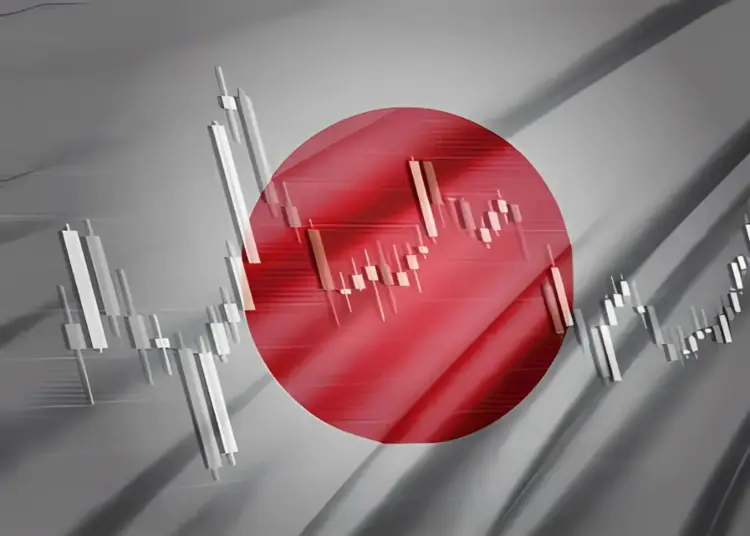The Nikkei 225, Japan’s leading stock index, saw a sharp recovery this week, regaining ground after a stretch of uncertainty in the markets. After dipping due to global tensions and local corrections, the index surged more than 500 points in a single session, closing above the 39,000 mark.
This rebound is more than a numbers game. It reflects shifting investor sentiment, growing confidence in Japanese equities, and a broader sense of optimism about the country’s outlook. Behind the rally are encouraging earnings from key companies like Toyota and Sony. Both firms delivered stronger-than-expected results, reinforcing faith in Japan’s corporate resilience.
“We’ve seen stable performance across several sectors,” said Haruto Saito, a market strategist based in Tokyo. “This suggests a stronger base than some assumed.”
A weaker yen added momentum, boosting export-heavy sectors such as automotive, technology, and machinery. Investors saw this as a positive signal for international competitiveness. Tech stocks were among the strongest gainers. Companies in chipmaking, robotics, and consumer electronics rallied, showing investor trust in Japan’s innovation-driven economy. The recovery was also influenced by stability in U.S. markets. Fresh labor data and clearer inflation trends helped calm nerves across global trading floors.
In Japan, domestic confidence is improving. Financial planners say more individuals are entering the market, buoyed by low interest rates and government encouragement for long-term investing. “I stayed on the sidelines last month,” said Yuki, a 34-year-old small business owner. “But this week, I felt more confident and bought back in.”
Retail, finance, and real estate stocks also gained traction, helped by a small uptick in local consumer activity. Tourism is another bright spot, with relaxed visa rules drawing visitors and lifting the hospitality sector. The Bank of Japan has so far maintained a steady monetary policy. While there’s speculation about eventual tightening, current rates remain historically low. Economists point out that this environment allows markets to breathe. Some see Japan moving toward a phase of gradual, sustainable growth, rather than relying heavily on government stimulus.
“There’s a shift in tone,” noted Naomi Takeda, an Osaka-based economist. “The focus is now on quality earnings and real economic activity.” While the rally offers a welcome boost, challenges remain.
Currency fluctuations, global supply chain pressures, and geopolitical uncertainty are still in play. Still, many see this week’s surge as more than just a reaction to good news. It feels like a return of cautious but growing confidence in Japan’s future. Investors, both local and global, are watching closely. Whether this momentum continues will depend on how the economy performs in the months ahead.
For now, Japan’s markets are sending a clear message: the mood is shifting—and investors are starting to believe again.











